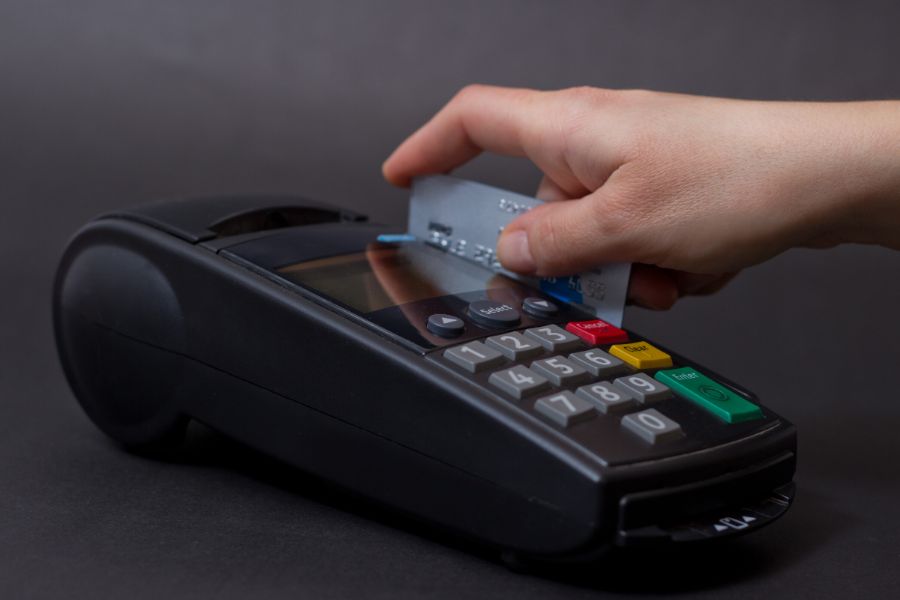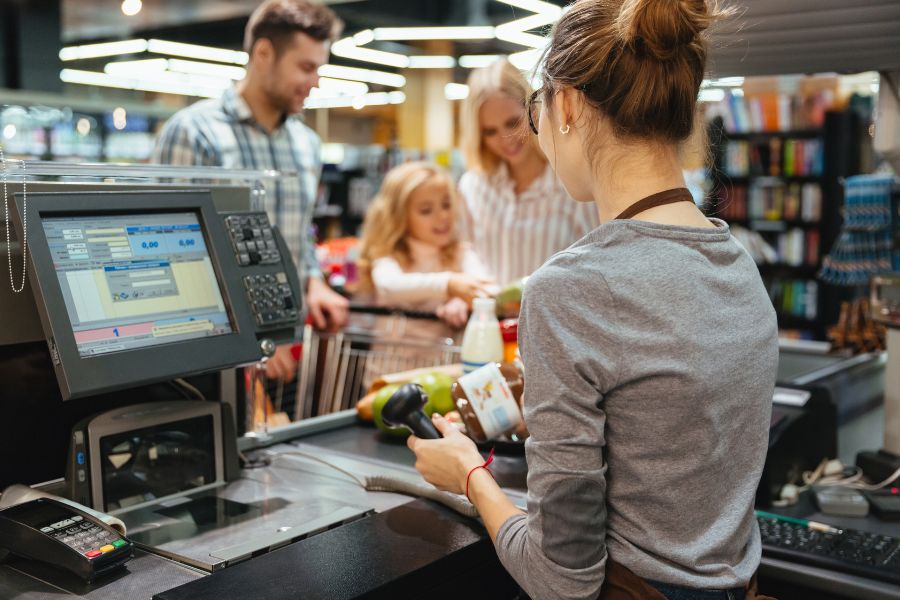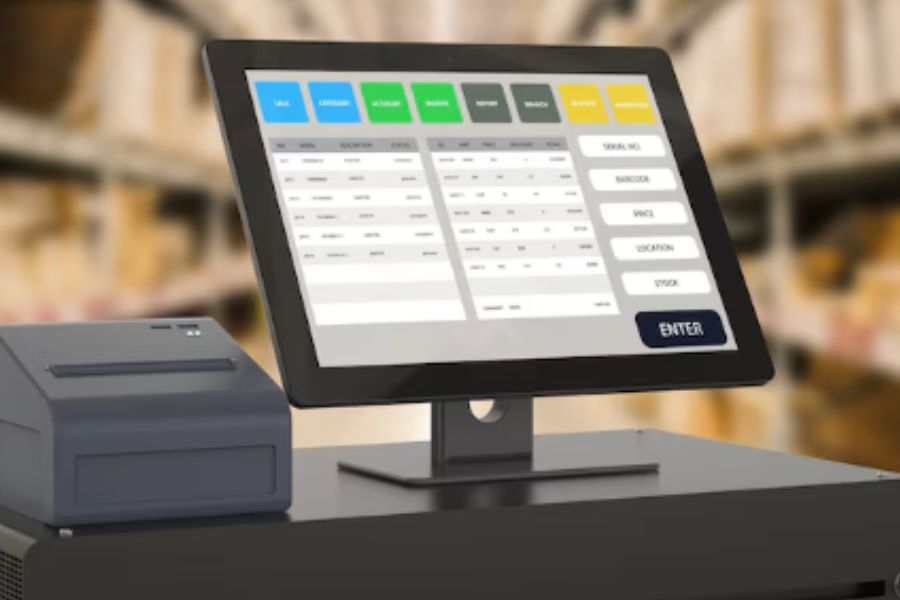What is a centralized POS system?
A centralized POS system provides retailers with property-level POS stations that link to a central server. These related systems provide real-time reports on consumer purchasing patterns, labor and inventory control, company-wide prices, and online product orders to corporate offices.
The state of POS technology is rapidly changing. Mobile, wireless, cloud, and new payment mechanisms like mobile apps, PayPal, and NFC are causing significant changes in retail POS strategies.
Data becomes even more critical as retailers aim to get closer to their customers and achieve a 360-degree view of each one. POS systems are also helpful in collecting data; they tell a retailer who is buying what, where they are bought it (offline or online), their interests, and even when transactions were made. So why do retailers need a centralized POS system?
Why do retailers need a centralized POS system?
Great insights about customers and purchase activities are provided
As stated before, a centralized POS system provides retailers with property-level POS stations that link to a central server. These related systems provide real-time reports on consumer purchasing patterns, labor and inventory control, company-wide prices, and online product orders to corporate offices. They also offer valuable consumer buying and preference data, which can help to improve the overall shopper experience through the customized loyalty program.
This type of data is needed as customers expect more personalized, context-aware deals, product recommendations, and promotions. By concentrating on data at this stage, you can begin to lay the groundwork for the data you’ll need to compete in the future.
A centralized POS system has real-time synchronization to support Big Data
Even though most POS program is reasonably successful at gathering data, retailers fail to transform transactional data into actionable information quickly enough. One explanation is that stores may be unable to provide timely real-time data to corporate headquarters, due to poor communication and information flow among individual stores and host systems.
In a ‘decentralized’ world, retail decision-makers were rarely at their offices or had access to the dashboards, analytics, and reports. However, nowadays the entire company can evaluate unified POS data quickly – right when it’s required – thanks to the real-time synchronization to support Big Data. Retailers now can easily view them from multiple locations and at any time.

A centralized POS system reduces capital expenses
The importance of connectivity in retail cannot be overstated. Most hardware manufacturers have responded to retailers’ willingness to expand their networked systems as far as possible, resulting in more streamlined equipment and more straightforward integration.
This is also true to unified POS systems: since an extensive range of peripherals can be connected easily, hardware and maintenance costs can be reduced. When new roles are acquired, there is no longer any need to lock yourself into existing contracts or brands.
By using a single platform compatible with several operating systems, retailers can make potential improvements to meet customer demand for various retail channels or payment forms. Whatever the customer’s needs are now or in the future, they can be met. Implementing mobile payments, centralized and automated software makes it easier for each location, thus saving unnecessary costs that may arise.
The cornerstone of a great omnichannel experience is the centralized POS system
In 2020, there are over 2 billion digital buyers worldwide. Consumers nowadays can buy goods at any time, from any place, and with any mobile device. Your customers are also likely to have done a lot of product research before coming into your shop, so your store associates must be prepared to serve them. Keeping this in mind, you can support your web channel, call center, and your physical store with a centralized POS system.
Customers expect the same great experience, regardless of the platforms they communicate with. Purchasing from one platform and paying through another must be smooth for all parties involved.
In addition, any product information accessible on the internet must also be available in the shop. This gives your customer a positive shopping experience while also promoting the brand you’ve worked so hard to create. Modern-day shoppers need a great omnichannel experience to accommodate their needs across online and offline platforms. This is when a centralized POS system becomes useful.
Conclusion
Centralized POS systems are key to success in today’s technological world. We hope that this article can provide you with some outstanding benefits of a centralized POS system. ConnectPOS is a leading point-of-sale provider that has supported retailers around the world. Contact us if you have any questions.



